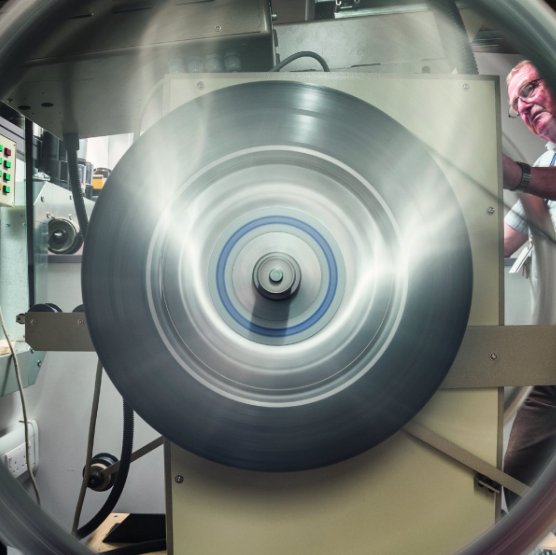News
Film and TV's Tiago de Luca kicks off ‘Latin American Cinema: Between Theory and Practice' at the BFI Southbank
Film and Television Studies, Research Seminar: Penny Siopis’s stylo-caméra and the subject of cine-writing, Wednesday 19th October FAB0.21 (Cinema) 4.30pm
Penny Siopis’s films write histories that are markedly alternative. Combining family home movies, amateur or documentary found footage with sound and a written text presented through subtitles, her films tell untold or censored histories. They speak to (auto)biographical concerns and widely shared experiences of colonialism, war, Apartheid, migration, globalisation, and ecological crisis, all the while standing out as strong aesthetic/affective experiences beyond the historical, and as art objects in dialogue with a number of traditions. Here, I am most interested in producing an understanding of her films as a specific form of post-medium cine-writing. My interest is not purely formal, for the cine-writing in Siopis’s films is not independent of the stories they construct; it is a mode of writing beyond-the-book, born of the task of telling history otherwise. By working through her paragrammatical, scripto-visual style, my discussion will circle in particular around the unspeakable film subject produced by her work.
Issue 4 of Film and Television Studies Newsletter
Issue 4 of the Department of Film and Television Studies' regular newsletter is now available for download.
Michael Pigott speaks about sound, cinema and field recording at University of York

Sounds of the Projection Box: Liner Notes for a Phonographic Method.
Abstract: In order to investigate, document and analyse the soundscape of the analogue projection box, before it passes into history, a series of audio recordings was made within functioning boxes, a selection of which will be released as an ‘album’ on the Gruenrekorder label in 2018. The recordings, made in UK boxes that maintain both 35mm film projection and digital projection, also capture the shifting sonic texture of this environment as it changes from primarily analogue to primarily digital operation. This paper will explore the role of phonographic field recording as a practical methodology within a film historical research project (the UK AHRC funded Projection Project), which investigates the role of the film projectionist and cinematic projection throughout the history of cinema exhibition in the UK. Through an analysis of both the recordings themselves, and the experience of making the recordings, it will extract some observations regarding the character, history and culture of the projection box as a lived environment and workplace. Just as cinema-goers seldom get to see inside this hidden room at the back of the auditorium, these sound recordings also reveal it to be a sound-proofed box, a noisy environment in which the interface between operator and machine takes audible form, in which noise of one sort indicates smooth operation, while another sort indicates faults that need to be addressed. It will consider the legibility of noise and propose that the relationship between projectionist and machine is significantly aural as well as visual and tactile.
Dr. Helen Wheatley blogs about new project Ghost Town: Civic Television and the Haunting of Coventry
Dr. Helen Wheatley has written a blog about an exciting new project she is organising: Ghost Town: Civic Television and the Haunting of Coventry
Events
The specified page does not exist.
